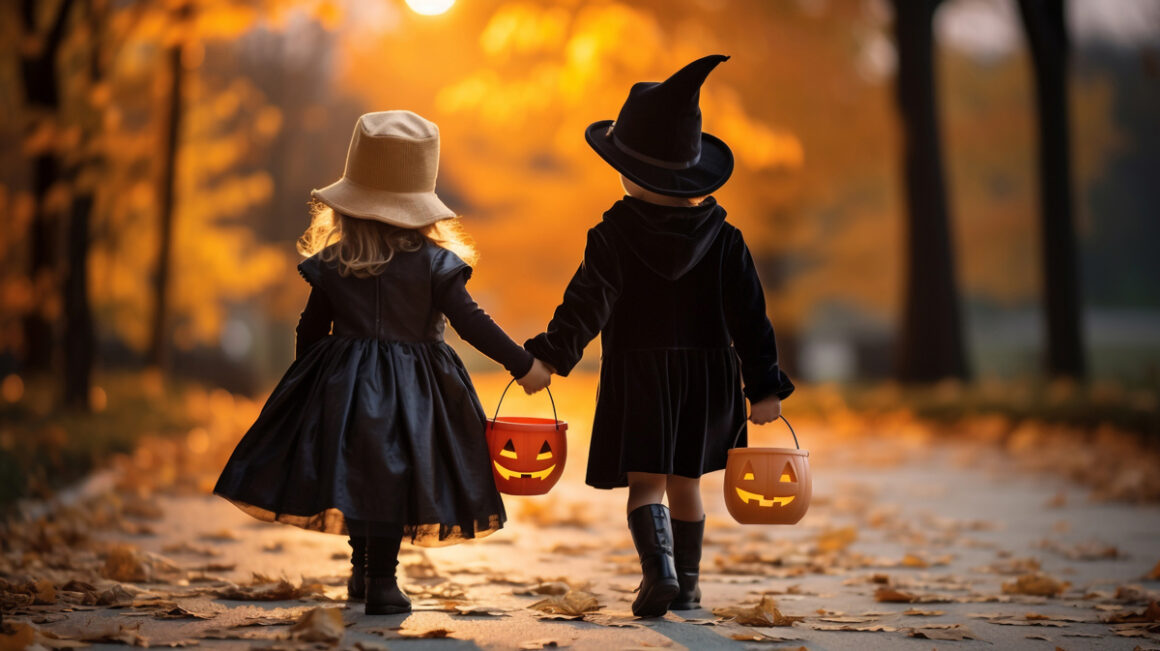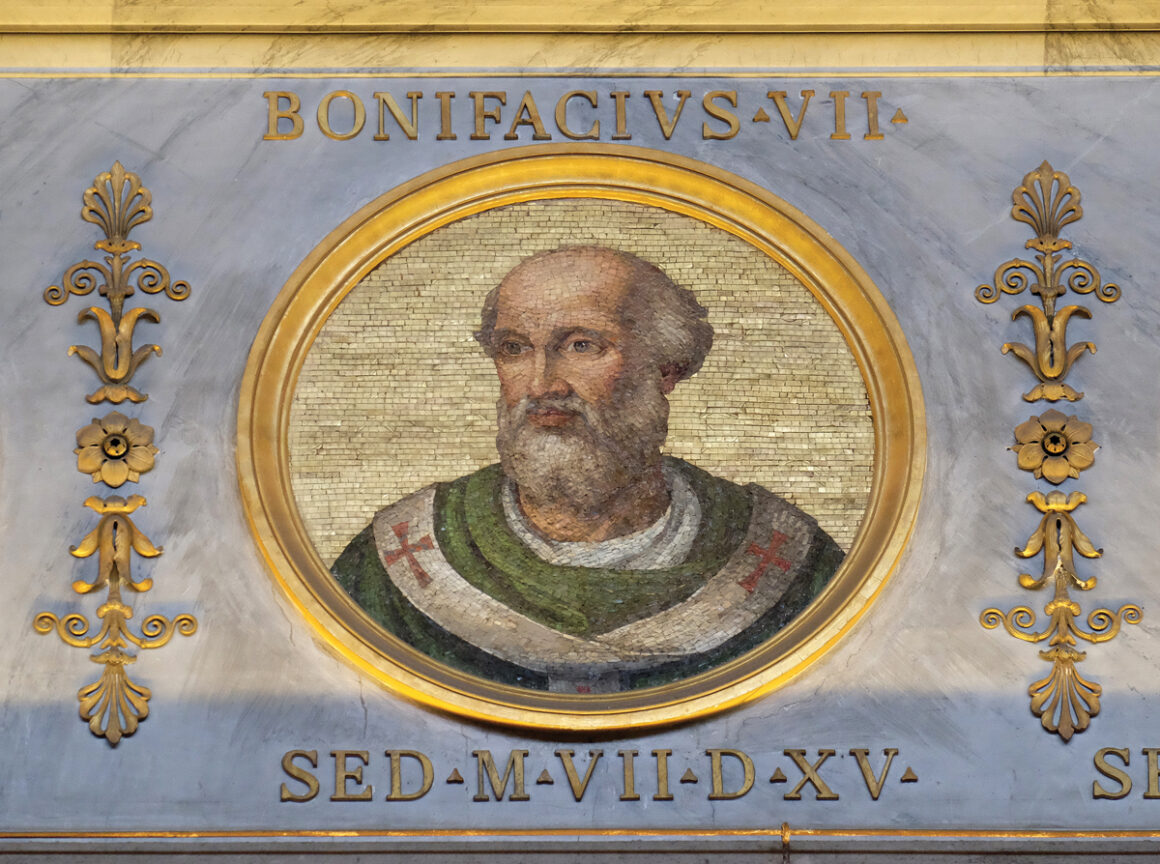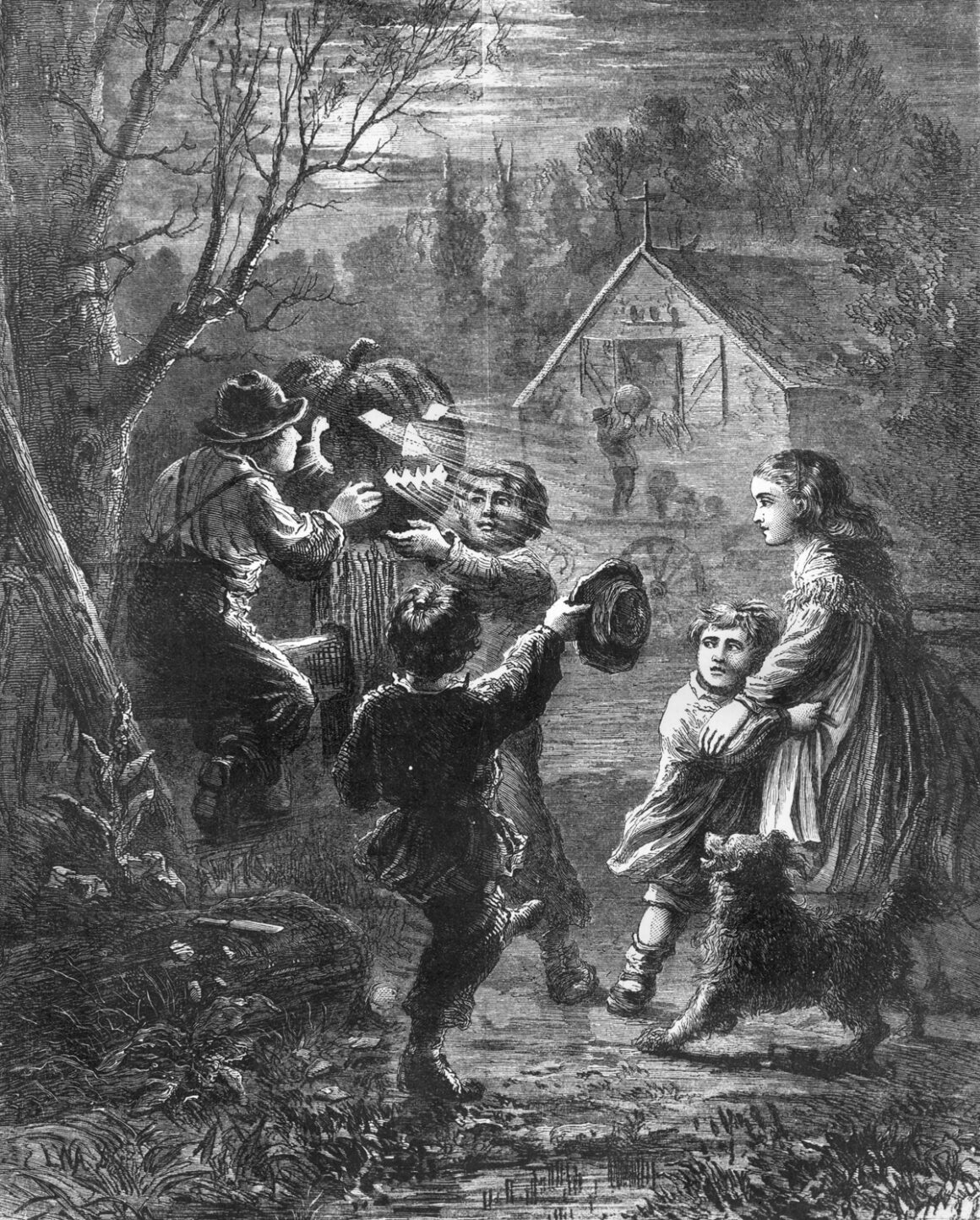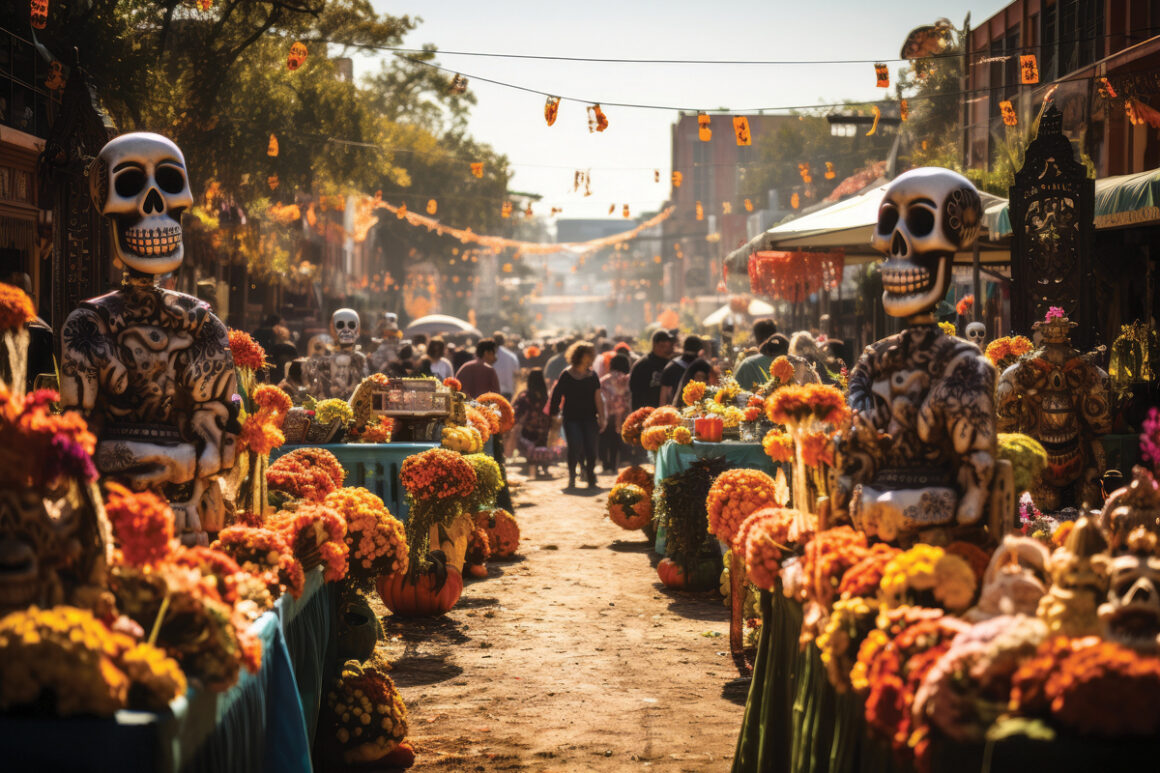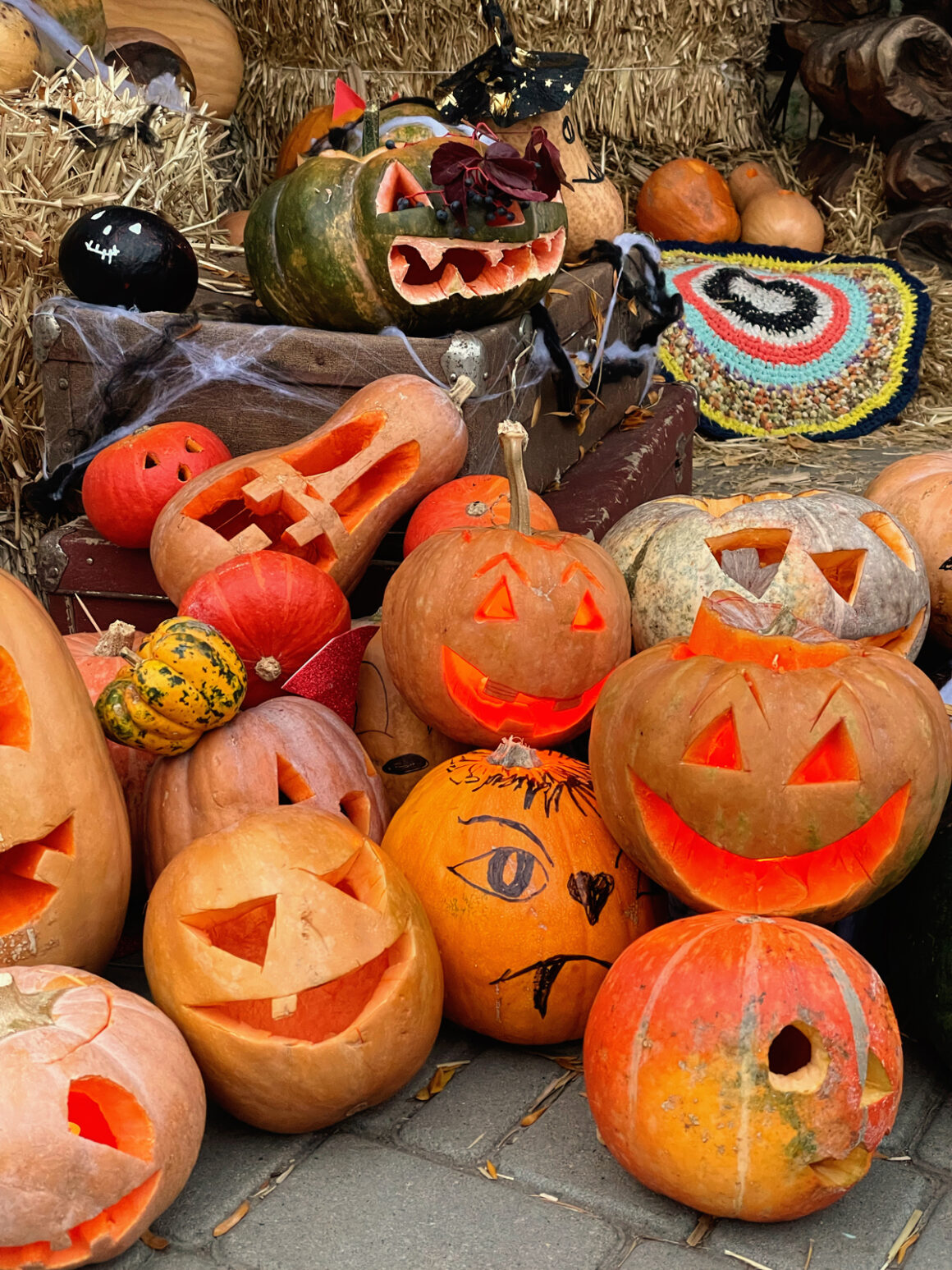Unmasking Halloween: The Mysterious Origins of a Spooky Tradition
Halloween, celebrated on the night of October 31st, is a holiday that has evolved over centuries, blending ancient customs, folklore, and religious beliefs into a vibrant and unique celebration. Halloween’s roots can be traced back to the Celtic festival of Samhain. Samhain marked the end of the harvest season and the beginning of winter in the ancient Celtic calendar. It was believed that on the night of October 31st, the boundary between the living and the dead became blurred, allowing spirits to roam freely among the living. To ward off these restless spirits, the Celts lit bonfires and dressed in costumes made of animal skins.
When the Romans conquered the Celtic territories, they brought their own traditions into the mix. One Roman influence on Halloween was the celebration of Pomona, the goddess of fruit and trees. Her symbol, the apple, is thought to have inspired the tradition of apple bobbing.
Additionally, the Romans celebrated Feralia at the end of October, a festival that honoured the deceased. Some aspects of this observance may have merged with Samhain’s customs, further shaping the evolving holiday.
In the 7th century, Pope Boniface IV established All Saints’ Day, also known as All Hallows’ Day, on November 1st. The night before, October 31st, became known as All Hallows’ Eve, eventually evolving into Halloween. The following day, November 2nd, was designated as All Souls’ Day, a time to pray for the souls of the deceased.
The practice of trick-or-treating, where children go from house to house asking for treats, has its roots in medieval Britain and Ireland. On All Souls’ Day, poor citizens would visit homes to receive “soul cakes” in exchange for prayers for the deceased family members. This tradition was eventually incorporated into Halloween, with children donning costumes and asking for sweets.
Halloween was brought to North America by Irish and Scottish immigrants in the 19th century. Over time, it evolved and incorporated elements from Native American and other immigrant cultures. By the late 19th and early 20th centuries, Halloween in America had become a community-cantered holiday with parades, parties, and trick-or-treating.
In the mid-20th century, Halloween underwent commercialization, with the mass production of costumes and decorations. Today, it’s a beloved holiday celebrated with a wide range of activities, from haunted houses and spooky movie marathons to creative costume parties and pumpkin carving.
Halloween’s origins are a captivating blend of Celtic, Roman, and Christian traditions that have evolved over centuries. What began as an ancient Celtic festival to ward off spirits has transformed into a globally celebrated holiday characterized by costumes, candy, and communal festivities. It’s a testament to the enduring power of cultural traditions to adapt and thrive in the modern world.
